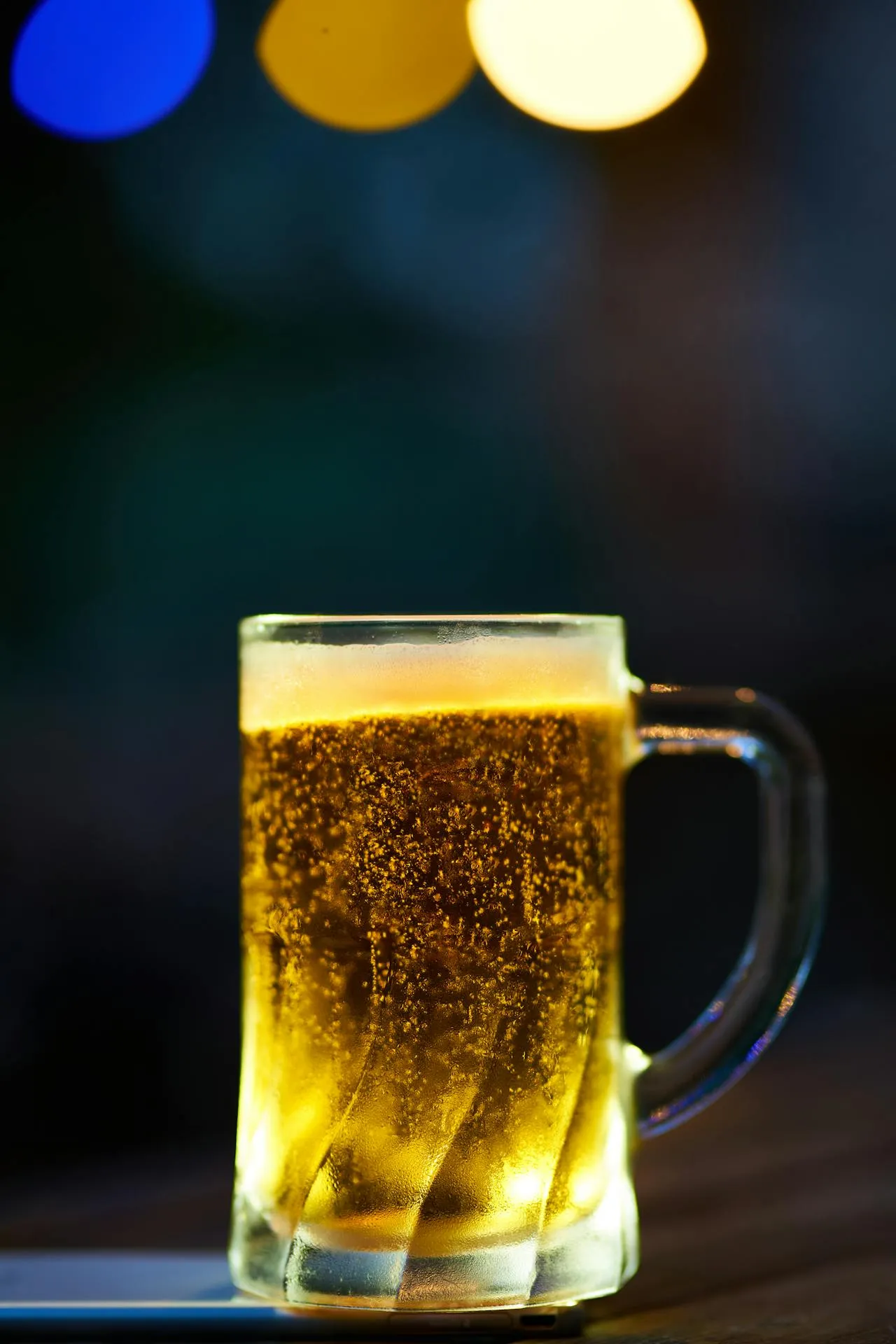 Monday, April 14, 2025
Monday, April 14, 2025Alcohol and Sports: How Alcohol Consumption Affects Athletic Performance and Recovery
In many cultures, alcohol is an integral part of social life – be it during celebrations, barbecues, or convivial gatherings after training. But what processes occur in the body when one regularly engages in sports while simultaneously consuming alcohol? This blog analyzes the effects of alcohol on strength, endurance, muscle growth, recovery, and overall athletic performance based on current scientific studies.

Alcohol and Its Impact on the Body
Alcohol (ethanol) is a cellular toxin that affects nearly all bodily systems. After consumption, it rapidly enters the blood through mucous membranes and impacts the central nervous system, muscles, liver, and hormonal balance. Depending on the dose and timing of consumption, the effects on physically active individuals can be severe.

Effects of Alcohol on Various Athletic Domains
| Area | Negative Effects of Alcohol | Scientific Source |
|---|---|---|
| Muscle Growth | Inhibits protein synthesis, reduces muscle recovery | Parr et al., 2014 (PLOS ONE) |
| Testosterone Levels | Lowers testosterone – essential for muscle building and performance | Sarkola & Eriksson, 2003 (Alcohol and Alcoholism) |
| Sleep Quality | Disrupts REM sleep phases, diminishes recovery | Ebrahim et al., 2013 (Addiction) |
| Endurance Performance | Reduces aerobic capacity, increases heart rate | Barnes et al., 2010 (Sports Medicine) |
| Reaction Time and Coordination | Delays reaction, increases injury risk | Vogel-Sprott, 1974 (Psychopharmacology) |
| Fluid Balance | Acts as a diuretic, increases risk of dehydration | Shirreffs & Maughan, 1997 (J Appl Physiol) |
| Liver Function | Stresses fat metabolism, slows detoxification | Lieber, 1997 (Alcohol Research & Health) |

Alcohol After Training: Impaired Recovery
One of the greatest dangers lies in consuming alcohol after training. During this phase, the body requires optimal conditions for recovery, muscle repair, and replenishment of glycogen stores. Studies show that even moderate alcohol consumption significantly reduces post-training muscle protein synthesis – meaning: muscle growth occurs more slowly or not at all. Furthermore, healing from micro-injuries in the muscles is delayed, leading to longer recovery times.

Alcohol and Muscle Building
Alcohol can be particularly problematic for targeted muscle building. The suppression of testosterone levels alongside the increase of cortisol – a catabolic hormone – results in a hormonal imbalance that significantly hampers muscle growth. Moreover, alcohol impairs nutrient absorption, as the intake of vitamins and amino acids may be disrupted.

Alcohol in the Competitive Phase
During the preparation and competition phases, alcohol has a performance-reducing effect:
- Lactate tolerance decreases
- Concentration is weakened
- Muscle coordination suffers
- The body becomes more susceptible to injuries and infections
Athletes who consume alcohol during this time risk not only poorer performance but also delayed recovery and an increased risk of injury.

Is Occasional Consumption Permissible?
An occasional glass of beer or wine in moderation poses no problem for many athletes – provided it is not consumed immediately after training and that hydration and sleep quality are maintained. The dose makes the poison: Effects that impede performance manifest from about 0.5 g of ethanol per kg of body weight. This corresponds to about two small glasses of beer for a person weighing 70 kg.

Conclusion
The consumption of alcohol can adversely affect athletic performance in multiple ways – particularly through impaired recovery, hormonal changes, and restricted metabolic processes. Those who wish to achieve long-term progress should consume alcohol consciously and in a controlled manner – ideally with adequate distance from training or competition.


